Rental forklifts play a crucial role in the day-to-day operations of many businesses, facilitating material handling tasks efficiently. To maximize the return on investment and ensure smooth operations, it’s imperative to prioritize maintenance. This comprehensive guide outlines essential maintenance tips for rental forklifts, offering businesses a roadmap to guarantee peak performance throughout the rental period.
Regular Inspection Checklists
1. Fluid Levels and Quality
Regularly check and maintain appropriate levels of hydraulic fluids, engine oil, coolant, and brake fluid. Ensure the fluids meet manufacturer specifications, and top them up as needed. Contaminated or low-quality fluids can lead to accelerated wear and potential breakdowns.
2. Battery Health (For Electric Forklifts)
For electric forklifts, monitor battery health closely. Check for any signs of corrosion on terminals, ensure proper water levels if applicable, and recharge batteries according to recommended schedules. Well-maintained batteries contribute to prolonged forklift life and consistent performance.
3. Tire Condition
Inspect tires for wear, cuts, or punctures regularly. Properly inflated and well-maintained tires not only ensure safety but also impact the forklift’s efficiency. Rotate tires as recommended by the manufacturer to promote even wear.
4. Brake System
Regularly inspect the brake system, including brake pads, discs, and hydraulics. Address any signs of wear or malfunction promptly to prevent accidents and ensure reliable stopping power.
5. Chains, Forks, and Mast
Examine chains, forks, and the mast for any signs of damage or wear. Lubricate moving parts as per the manufacturer’s recommendations. Properly functioning lifting components are essential for safe and efficient material handling.
6. Engine and Exhaust System (For Gas-powered Forklifts)
For gas-powered forklifts, pay attention to the engine and exhaust system. Check for leaks, unusual noises, and ensure the exhaust system meets emission standards. Regular maintenance of these components contributes to optimal performance and compliance.
Troubleshooting Tips
1. Unusual Noises
If the forklift produces unusual noises during operation, investigate the source promptly. Unusual sounds can indicate issues with the engine, hydraulics, or other vital components. Addressing these concerns early can prevent more significant problems.
2. Vibrations and Handling Issues
Vibrations or handling issues may point to problems with tires, wheels, or the suspension system. Conduct a thorough inspection to identify and address the root cause. Ignoring handling issues can lead to safety hazards and decreased efficiency.
3. Intermittent Power Loss (For Electric Forklifts)
If an electric forklift experiences intermittent power loss, check the battery, connectors, and wiring. Loose connections or a failing battery may be the culprits. Timely troubleshooting ensures uninterrupted workflow and minimizes downtime.
4. Poor Fuel Efficiency (For Gas-powered Forklifts)
For gas-powered forklifts, poor fuel efficiency may signal issues with the fuel system or engine. Conduct regular maintenance on the fuel injectors, air filters, and ignition system to optimize fuel combustion and enhance overall efficiency.
Conclusion
Prioritizing the maintenance of rental forklifts is a proactive approach that pays dividends in terms of performance, safety, and longevity. By adhering to regular inspection checklists and promptly addressing troubleshooting concerns, businesses can ensure that their rental forklifts operate at peak efficiency throughout the rental period. Implementing these maintenance tips not only safeguards the investment in equipment but also contributes to a safer and more productive work environment.


